In mid-August, I decided that this would be the year to realize a long-cherished dream: I would spend the winter in solitude at my off-the-grid cabin in the Maine Woods. It’s nestled among fir and spruce, birch and maple, on the shore of First Roach Pond, just east of Moosehead, Maine’s largest lake. As the raven flies, it’s about ten miles from the midpoint of the most remote section of the Appalachian Trail, known as the Hundred Mile Wilderness.
The Maine Woods are the realm of moose and lynx, eagles and brook trout, rugged mountains and whitewater rivers. In nighttime satellite photos, the forest is a large black island of darkness that stands in sharp contrast to the white froth of human lights all around. Piscataquis County, where my cabin is located, has an average population density of only four people per square mile. During a pandemic, there are few places that offer better opportunities for social distancing.
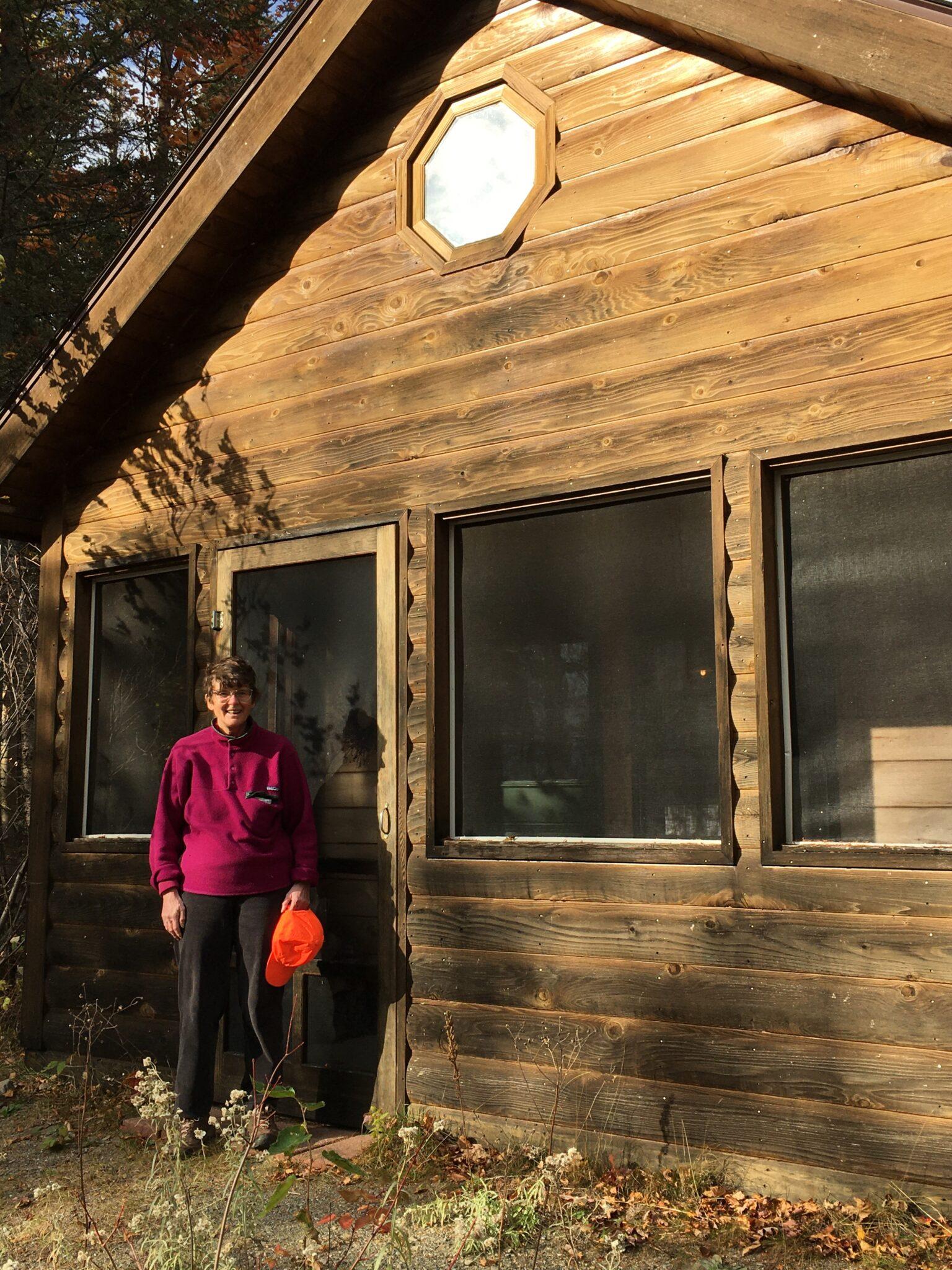
August is undeniably late to begin winter preparations. Each year, sometime between mid-November and mid-December, snow closes the rough gravel roads that lead to my home; they remain impassable to my Subaru until late April or early May. For somewhere in the vicinity of five months each year, I need to park several miles from my cabin and haul supplies on my back or on a sled I pull behind me by strapping a harness around my waist. That wasn’t a big deal when I made just a few short visits each winter. It became a major issue when I decided to live at the cabin full time. I had much to do to get ready for the long months of isolation.
How much firewood would I need? Joe Richards, who has supplied my wood for over ten years, thought three cords would be ample. I got a 10-foot by 10-foot portable shed, basically a sturdy tent without a floor. Two enthusiastic friends donated their time and labor to help me erect it, then we lined the floor with plastic pallets. Joe dumped three truckloads of wood in an impressively large heap next to my gravel driveway. I spent several days hauling the wood to the shed in a wheelbarrow and stacking it, piece by piece, in rows that eventually filled the shed and overflowed into smaller surplus piles nearby. Because of my late start, the wood did not have time to dry properly before burning, meaning fire-building requires more effort. I need to split much of the wood into smaller pieces—which ignite more easily—using my axe, wedge, and sledgehammer. In truth, I don’t mind wood-splitting. I view it as a sort of dynamic meditation, with a cozy evening by the fire as reward for my labor.

I had never had electricity, Internet, or much in the way of cell reception at my cabin. I’d reveled in my freedom from the tyranny of electronic media. But to spend a full winter, I reluctantly accepted the need for Internet, both for work and safety reasons. In case of emergency, it would be a lifeline to the world beyond the woods.
And so a technician came and installed a dish above my door. It points toward a geosynchronous satellite 22,400 miles above the Earth. To power it, I sought advice from Eric Stirling of West Branch Pond Camps, a traditional Maine Woods sporting camp dating back to 1881. (For my readers “from away,” a sporting camp is a cluster of rustic cabins around a main lodge that serves hearty meals to guests.) In the past, West Branch Pond Camps catered primarily to hunters and anglers. Today, the camps still attract fly fishermen in pursuit of trout and salmon, but guests also include hikers, cross-country skiers and snowshoers, moose-watchers, and birders. Eric is a fourth-generation owner of the camps; he and his wife, Mildred Kennedy-Stirling, are currently homeschooling the fifth generation in a small schoolhouse on the premises. They’re experts in the intricacies of off-grid living, and at seven and a half miles from my cabin, are among my closest neighbors.
Eric helped me assemble a minimal electrical setup, just enough to operate my satellite dish and laptop computer. A little gasoline-powered generator charges a battery that connects to an inverter, a small box with internal wiring that supports two electrical sockets.
By the first of December, my cabin was ready for winter. I had been staying on the outskirts of the nearest town, Greenville, about thirty miles away, in a condo generously lent to me by friends. I took up residence in my own domain. But for the first few days, I commuted back into town to tie up remaining loose ends.
It was still late autumn. The ground was bare and the roads were clear. Light snowfalls in October and November had quickly melted. I checked the weather forecast daily for snow, and was lulled into complacency by reports predicting just a couple of inches the weekend of December 5-6. Winter was beginning, but it seemed the roads would be drivable well into the following week.
Around noon on the fourth, when I paused amidst a flurry of errands to check the weather, I did a double take. The forecast had suddenly changed. The coming storm had been upgraded to a nor’easter that was predicted to dump a foot of snow. The roads to my cabin would close in less than thirty-six hours. I needed to hurry.
Looking back, almost none of the tasks on my to-do list were urgent. Most could have been delayed or omitted with little consequence. But I was still in a town business mindset, wanting to dot every i and cross every t before retreating into the woods. I checked off my final item about 4:15 PM on December fifth, twenty minutes after sunset. I headed for my home—and straight into an unforeseen adventure.
My plan was to make a brief stop at my cabin to drop off a can of gas for my generator. I would then continue onward to a parking spot three and a half miles away, along a road that would be plowed throughout the winter. I would park my car and hike back in.
But I should have adjusted my plans for the rapidly changing conditions. As I left town, the snow had started to fall and the paved roads were getting slick. When I turned off the asphalt onto gravel, the rougher surface improved traction somewhat. However, the snow was coming down thicker and faster. The swirling flakes reduced visibility, obscuring navigational landmarks. Terrain that should have been familiar became strangely disorienting. I inadvertently followed the tracks of a logging vehicle onto a road leading away from my land. I soon realized my mistake and turned around, but wasted precious minutes in the process.
By the time I made it to my cabin, the snow was deep enough that my car was slipping and sliding along my rough driveway. Feeling a growing sense of urgency, I hastily unloaded the gas can and hopped back into my car. In snow-free conditions, my intended parking spot would have been less than a fifteen-minute drive away. The storm slowed my progress considerably. Two and a half dicey miles brought me to a confusing intersection. I now realize a new-to-me side trail had been added at that spot; the network of woods roads and trails is ever evolving. But, at the time, the thick veil of falling snow made it very hard to figure out what I was seeing. I tried to turn around, went into a sideways slide, and ended up with one of my rear wheels in a roadside ditch.
Through a combination of frantic shoveling and aggressive forward-and-reverse maneuvering, I managed to extract my car from the ditch. I optimistically believed I would be able to follow my own tracks back out the way I had come in. But it took me quite a while to get back onto the road, and snow was falling heavily the whole time. I made a very unpleasant discovery: my tracks were no longer drivable. The road was fast becoming a snowmobile trail. My car was not going anywhere.
What to do? I was stranded miles from the nearest fellow human, with no means of calling for help, in the clutches of a wintry nor’easter. I sat in my car, feeling stunned. Initially, I berated myself for my extreme foolishness, going over the various and sundry things I knew perfectly well I should have done differently. Eventually, I reminded myself of my intention to accept all the experiences of the upcoming winter—whether they were joyful and beautiful, or grueling and uncomfortable—as opportunities to learn and grow. My current predicament surely offered a lesson in humility. So much for my grand aspirations of spending the season as a self-reliant woodswoman who knew in advance how to handle every conceivable situation.
The bottom line was that I had remained in town to-do list mode when I should have transitioned into winter woods survival mode, yielding control of my plans and schedule to Mother Nature. I belatedly made the transition then and there, sitting a while longer as I gradually regained my composure. In the backwoods, an initial mishap can plummet into disaster when those involved react in panic, make further bad decisions, and the situation snowballs (pardon the pun). I wasn’t going to let that happen to me. I briefly turned on my otherwise-useless phone so I could use my GPS app to mark the spot where my car was stuck. I got out and wearily trudged the two and a half miles to my cabin, wading through ever-deepening snow. I had left my snowshoes on my porch, thinking I would be safely back well before they were needed.
When I finally got home, there was no time for rest. I started a fire in the woodstove, pumped and hauled water, and started the generator, thinking I could use the Internet to send a request for assistance—but I was wrong. My Internet service was out. After a few hours’ sleep, I awakened to clearing skies. I used an old canoe pole to scrape snow and ice off the satellite dish, but still got nothing.
The closest place I was sure of getting help was West Branch Pond Camps. I would need to hike seven and a half miles to get there. The first four and a half miles would require strenuous trailbreaking on unplowed roads. Hoping I had strength sufficient to the task, I strapped on my snowshoes and got started about 10:30 AM.
All told, the nor’easter had delivered eighteen inches of soft, moist snow. My routine went as follows: hoist my right foot out of its snowy bed; move it forward and sink it into unbroken snow; extract my left foot from the snow, move it ahead of the right foot and plunge it down again. Repeat. Approximately seven … thousand … five … hundred … times. Each step took what felt like substantial effort. Would I be able to cover the full distance? I wasn’t sure. But I had no other viable option. The prospect was daunting. I said a prayer for endurance.
When I reached an intersection I knew marked the end of my first mile, I checked the time. It had taken me an hour and a half to cover a distance that would have required no more than fifteen minutes on a hard, level surface. Words of wisdom from an outdoor mentor came to my mind: “If you’re gonna be dumb, you better be tough.” I was suffering the consequences of my own poor choices. It was my responsibility to do whatever I could, to get myself out of the situation I had gotten myself into.
There was no dry place anywhere along my route to sit down for a break. I couldn’t afford to rest for long in any case; my exertion was keeping me warm. Remaining motionless in the cold for more than a few minutes invites hypothermia. Hypothermia impairs both judgment and function, sending its victim into a potentially deadly spiral that is particularly dangerous for the solo trekker. I paused frequently for brief standing breaks—my body demanded them more often than my mind would have liked—and I periodically ate an energy bar as fuel.
When it got dark, I turned on my headlamp and kept going. If I reached a point where I was physically unable to continue, I was equipped to make a crude camp. I always carry a few survival basics, including a tarp, bivy sac, and a kit with multiple ways to start a fire. But I knew it would be a very uncomfortable night, so I kept that option as a last resort.
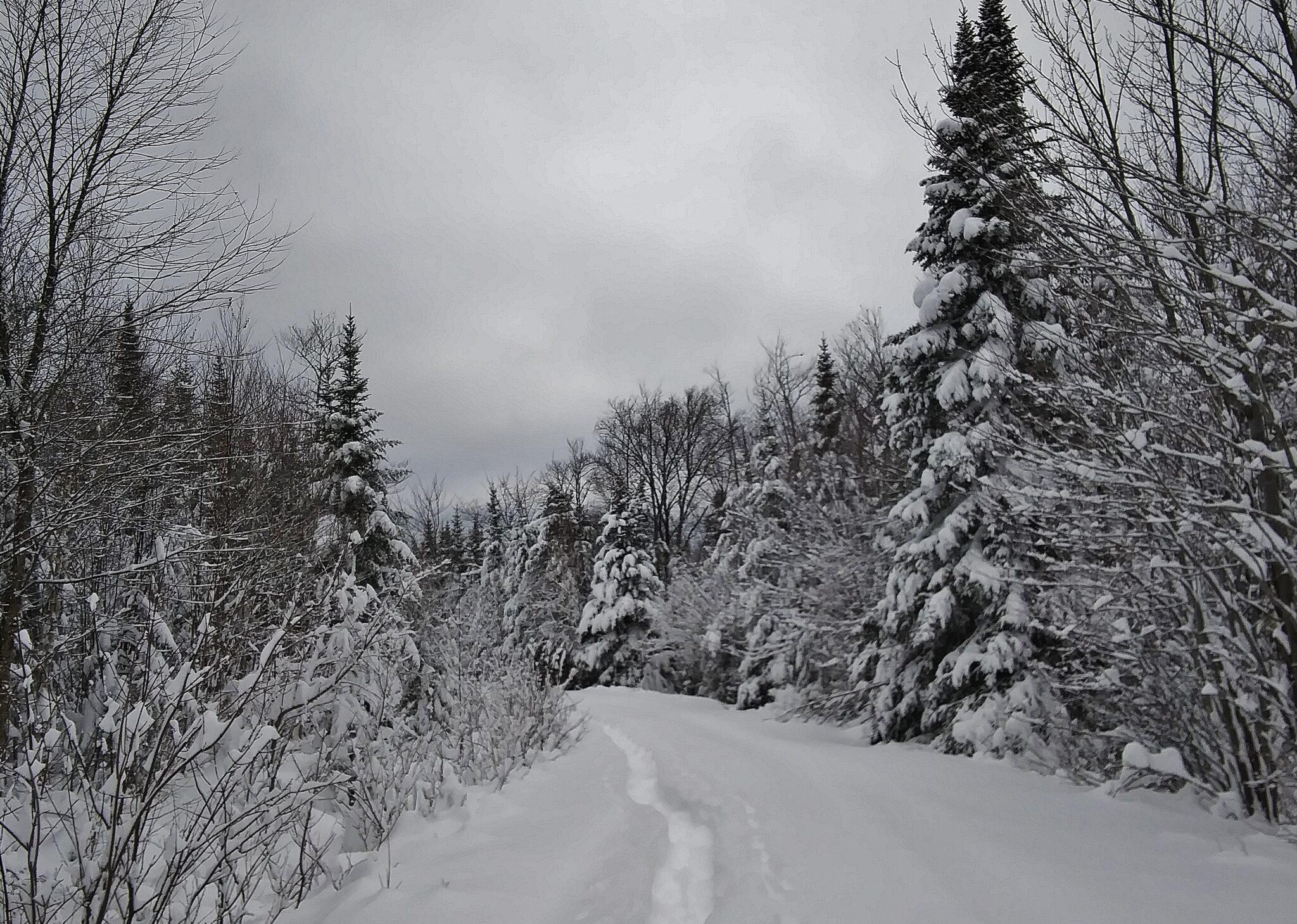
After seven hours of trailbreaking, I gratefully emerged onto a plowed road. I had made it! From there, it was a much easier three miles to West Branch Pond Camps. At 7:30 PM, nine hours and seven and a half miles after I left my cabin, I arrived at Mildred’s and Eric’s door, where they were surely surprised to see me. At this time of year, they’re closed to the public, and, like me, their nearest neighbors are miles away.
I was overjoyed to have arrived safe and sound at my destination, but I felt pretty sheepish as I related the sorry tale of my snowbound car. Though Mildred and Eric had to agree what I had done wasn’t exactly smart, they seemed to consider stranding a car to be a rite of passage, part of the learning curve for aspiring citizens of the backwoods, and they were more than willing to help.
Eric showed me to a comfortable cabin and got a fire going while I struggled to release the frozen buckles of my snowshoes. Once inside, I enjoyed the pleasures of the glowing fire, a bowl of warm soup, a comfortable bed, and the over-the-top luxury of a hot shower. Though I would have liked to simply bask in the coziness after my arduous day, I still had a bit of work to do. The camps’ Internet was functioning, and with my own service in question, I knew I should take advantage of the opportunity to address a couple of time-sensitive items. Such is the reality of conducting a modern career from a technologically limited location.
In the morning, Eric reappeared with a sumptuous breakfast that featured freshly-laid eggs from his own chickens. Even better was the news that he thought he might be able to plow me out himself.
We set off in a small caravan of vehicles. Eric led the way with his plow truck. I sat in the passenger seat beside him. Next came Mildred and their two children, Avis and Oscar, in a sturdy Chevy Suburban. Eric’s father had driven in from town and brought up the rear.
As we neared my Subaru, we reached a hill Eric wasn’t sure his truck could climb. He gathered momentum, ascended as far as he could, fell back, and accelerated upward again, getting a little farther with each attempt. I was relieved and delighted when we made it to the top. Not far beyond, my Subaru sat waiting. Everyone fell to work, and we soon freed it from its snowy bonds.
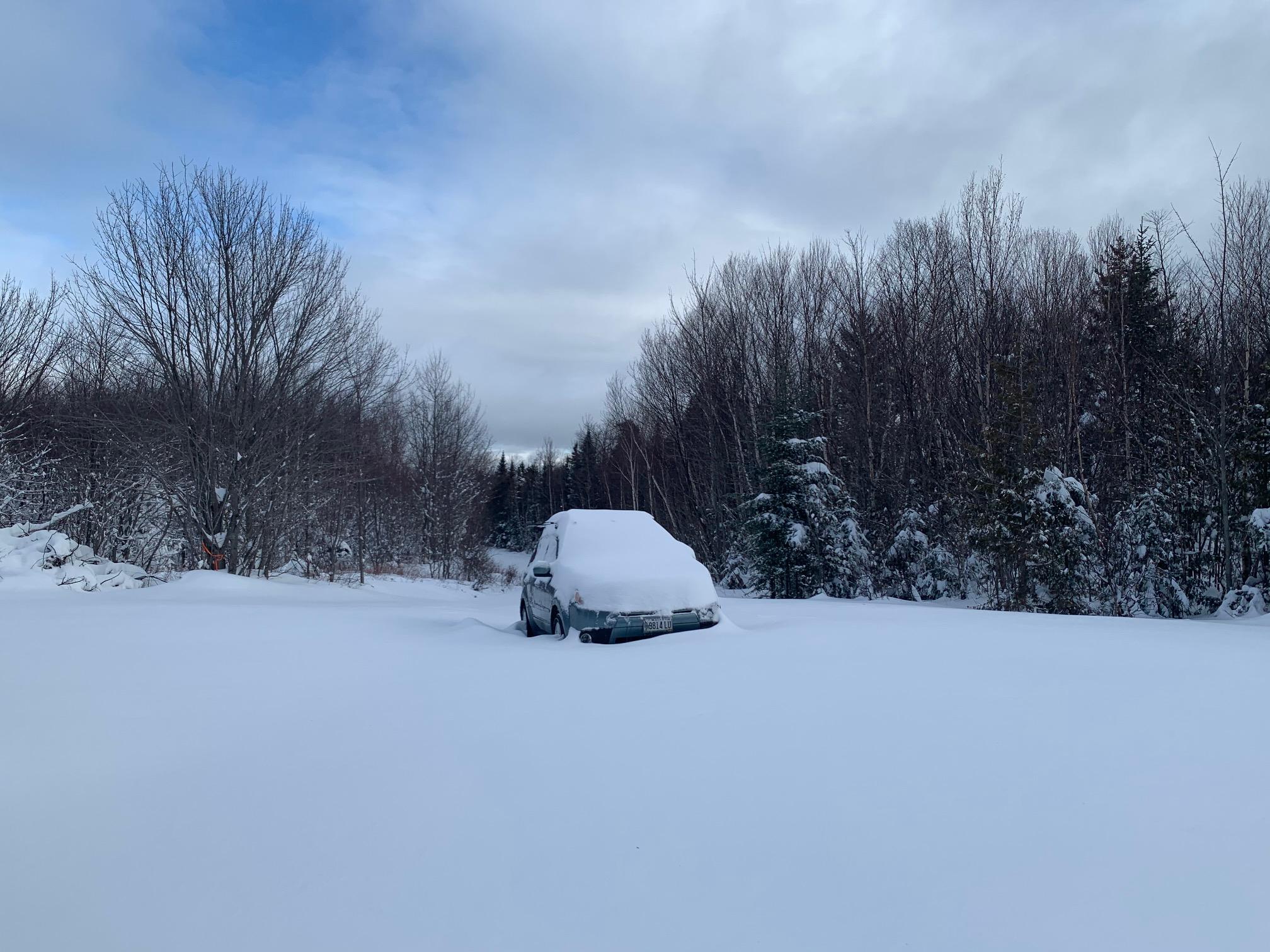
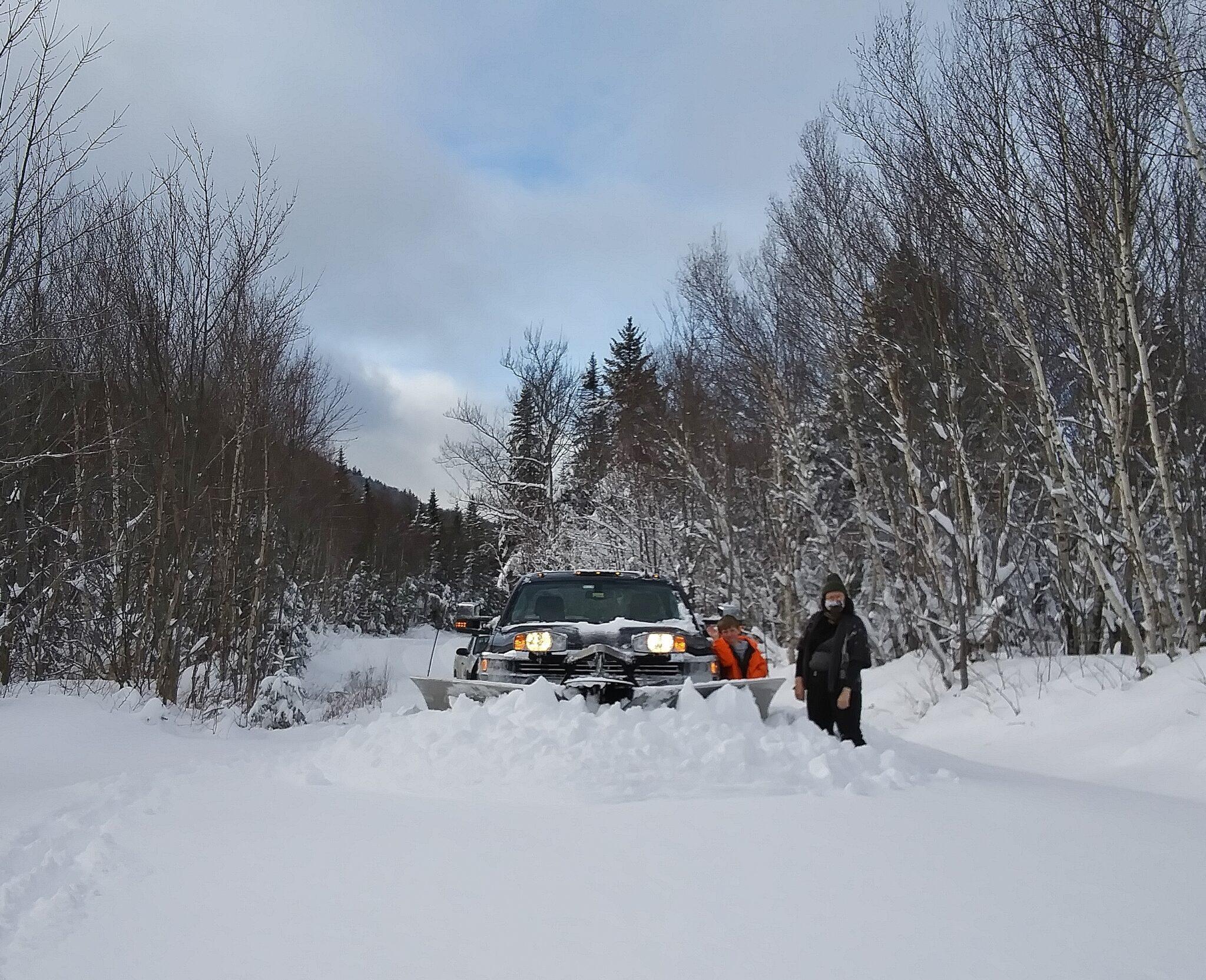
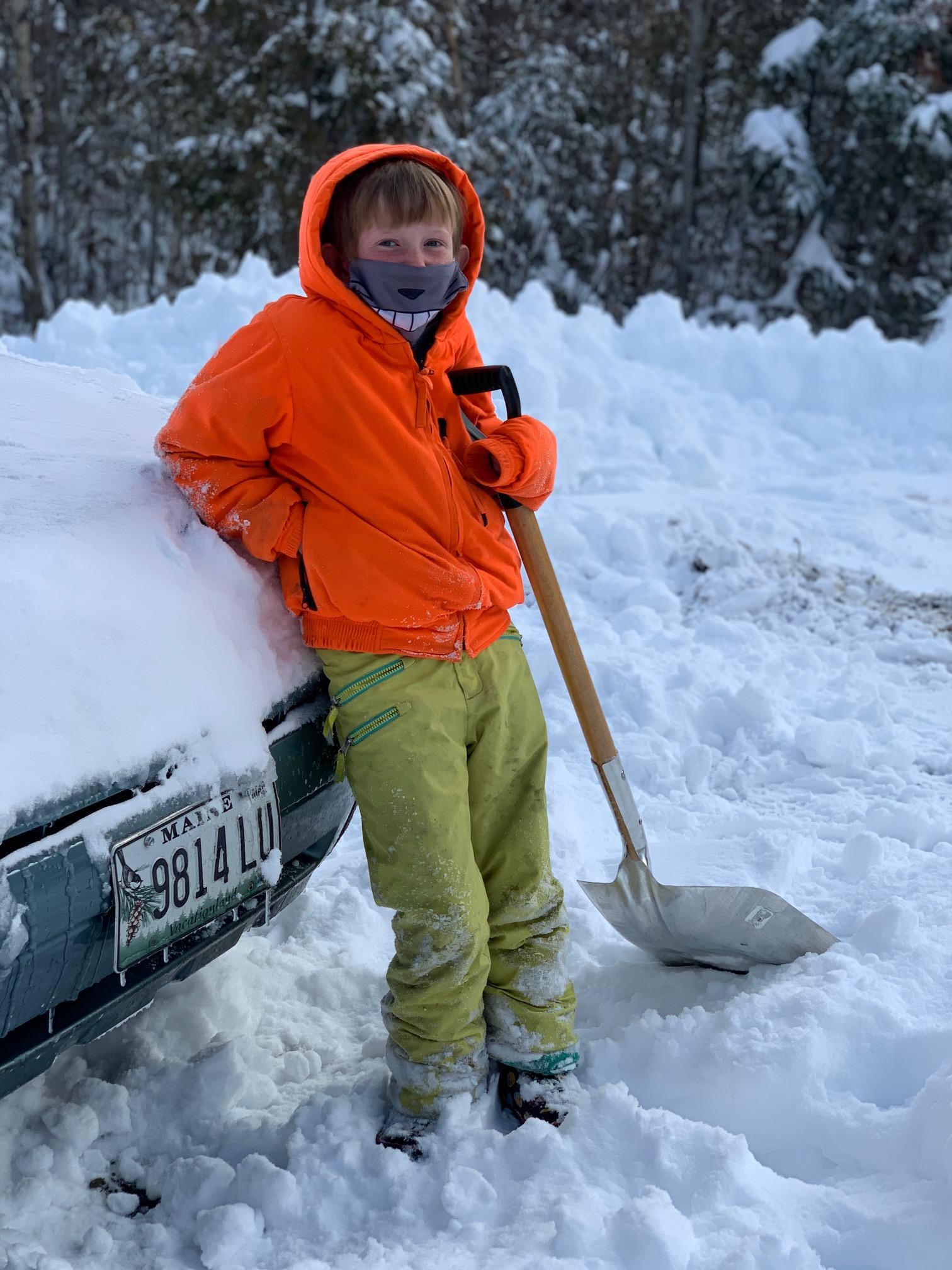
When I tested my Internet again, it was working. Apparently, I’ll have to expect it to go temporarily AWOL when skies are stormy. And I’m enhancing my canoe pole’s effectiveness as an ice scraper for my dish by duct-taping a hard plastic spatula to one end. (Creative repurposing and duct tape are classic solutions to many off-grid problems.)
Since my stormy start, I’ve continued to settle into my cabin. As I write this, I’m entering my first period of deep cold: wind chill values of minus 26 Fahrenheit are predicted for tomorrow. I’ll keep my woodstove cranking. Whatever may come, I’m immersed in extraordinary beauty …

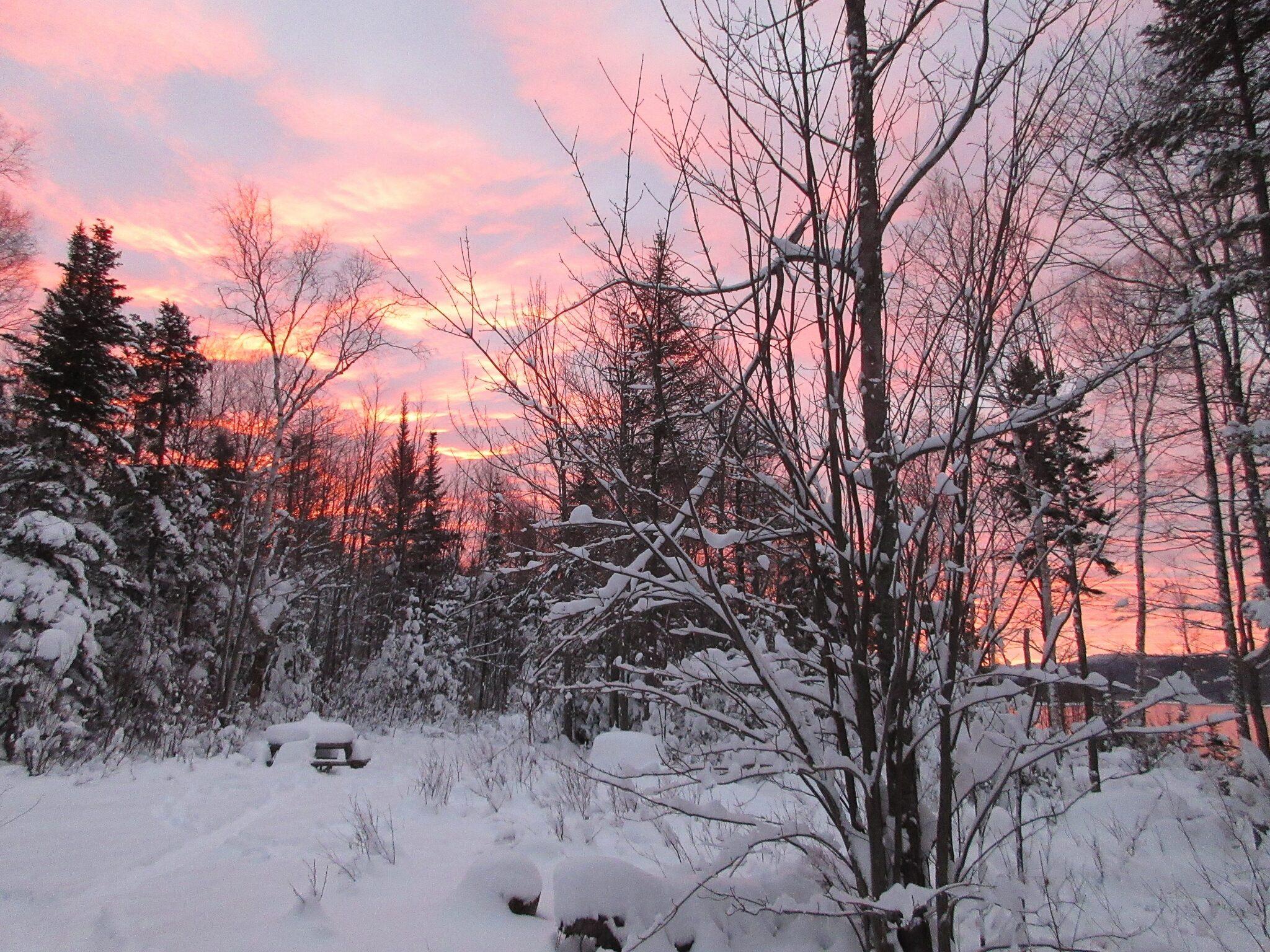
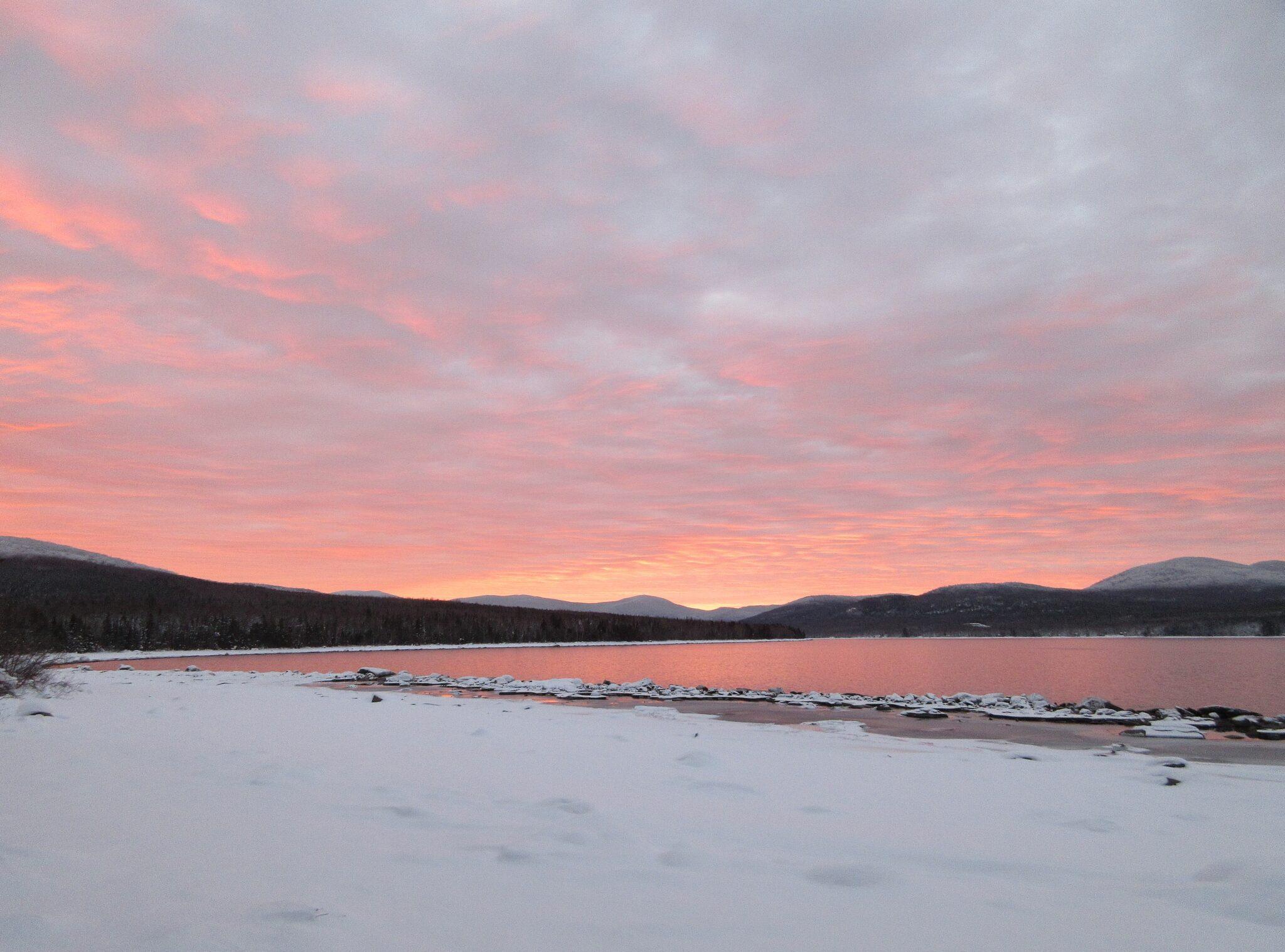


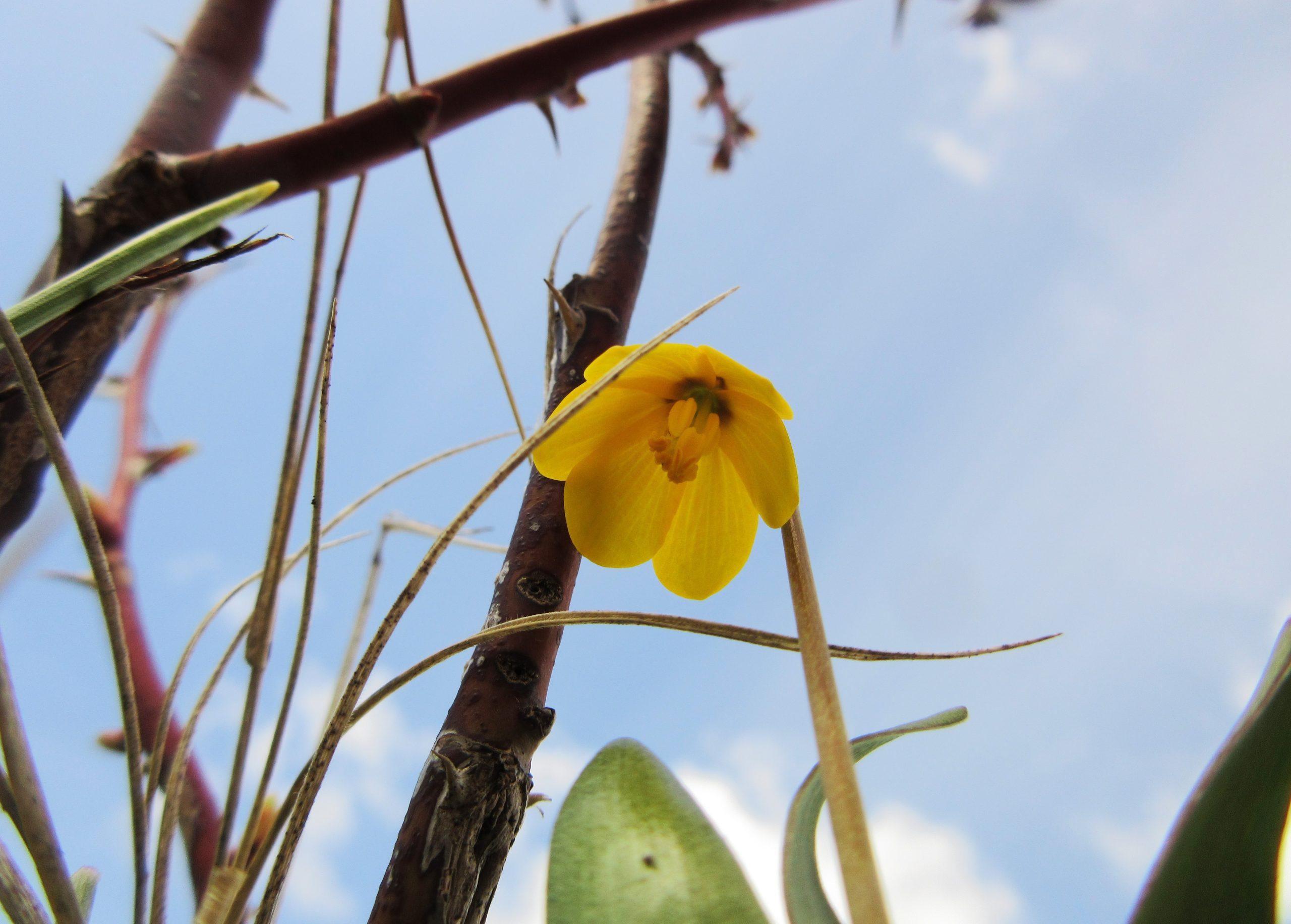
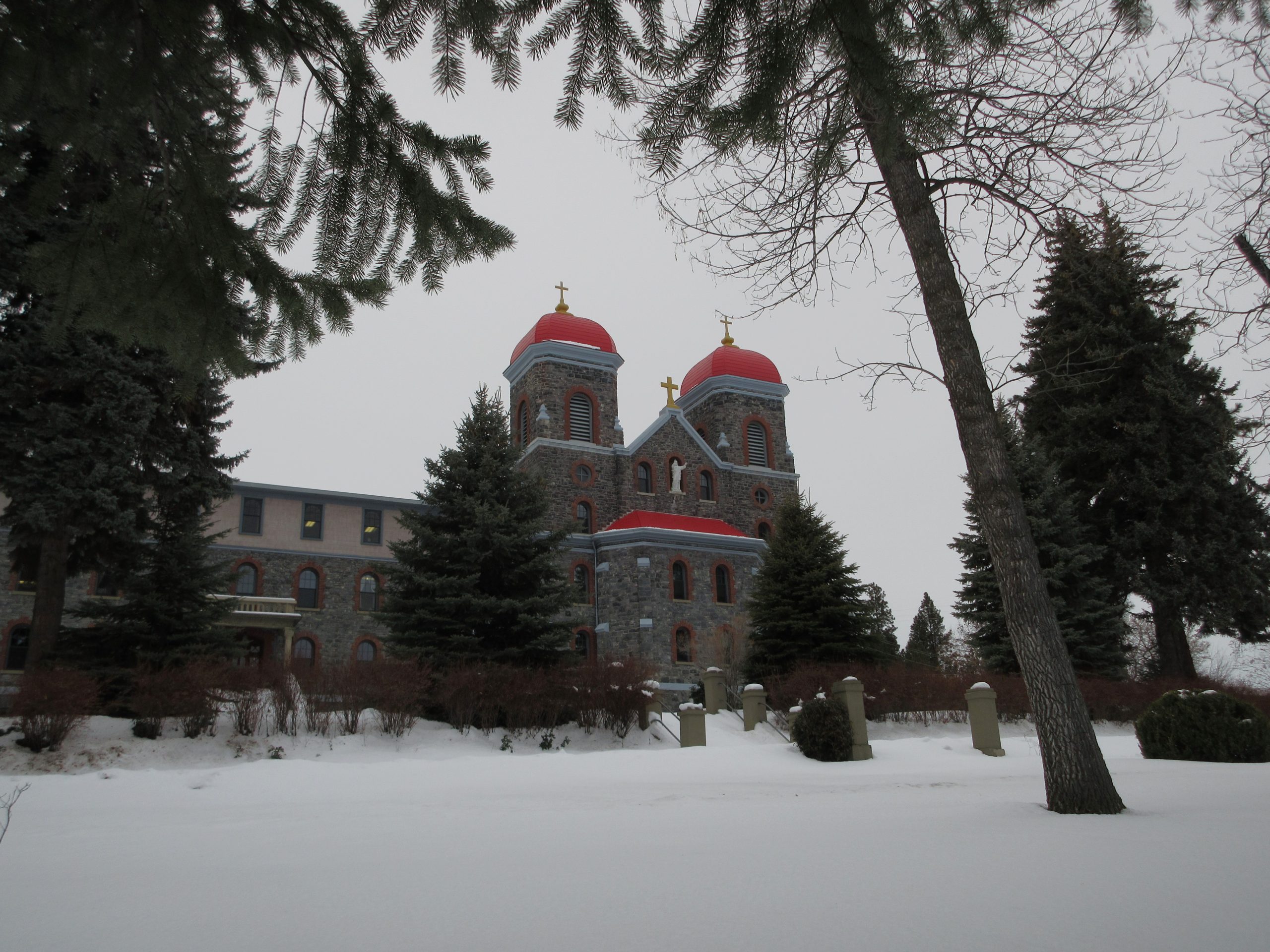

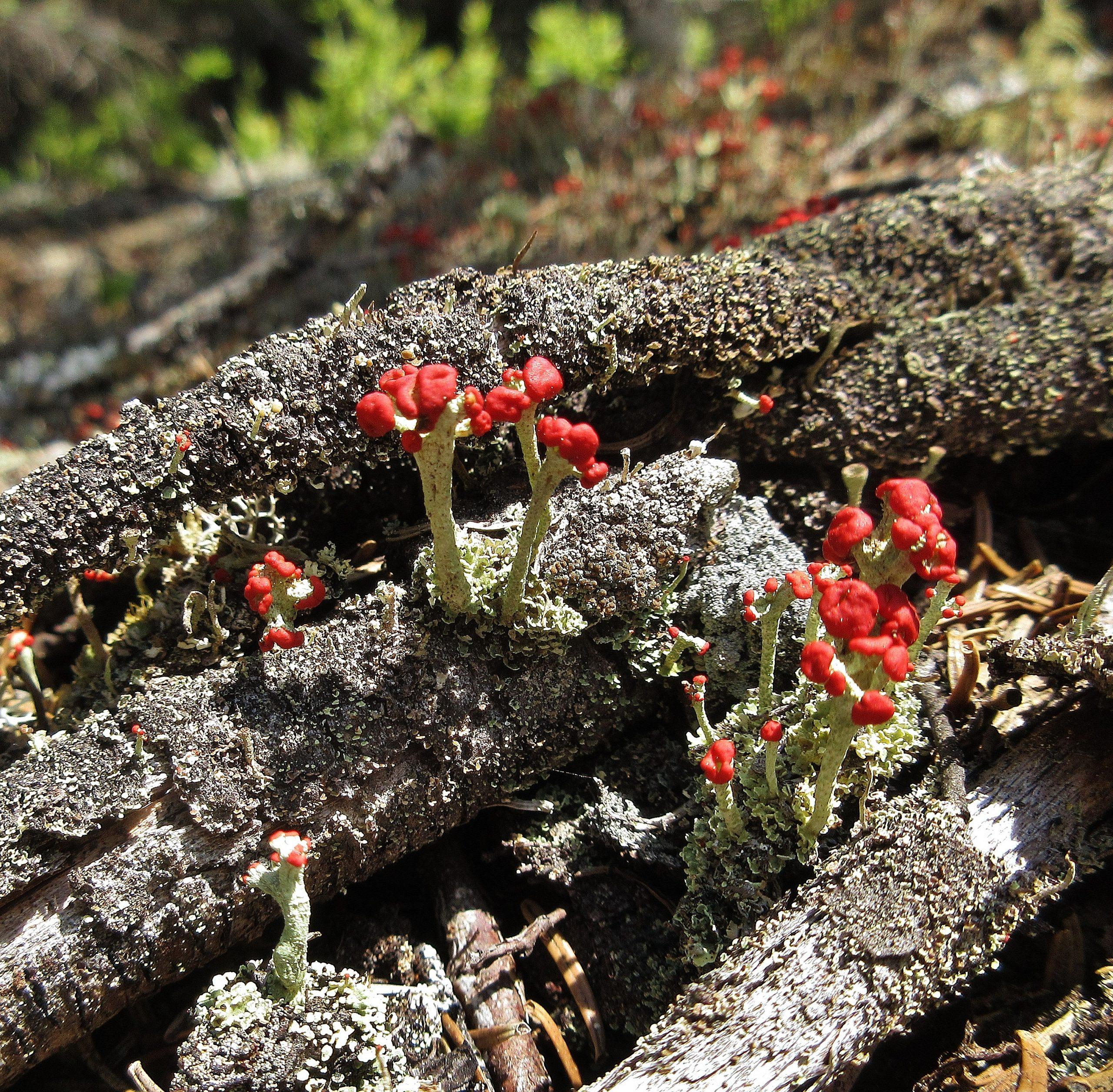
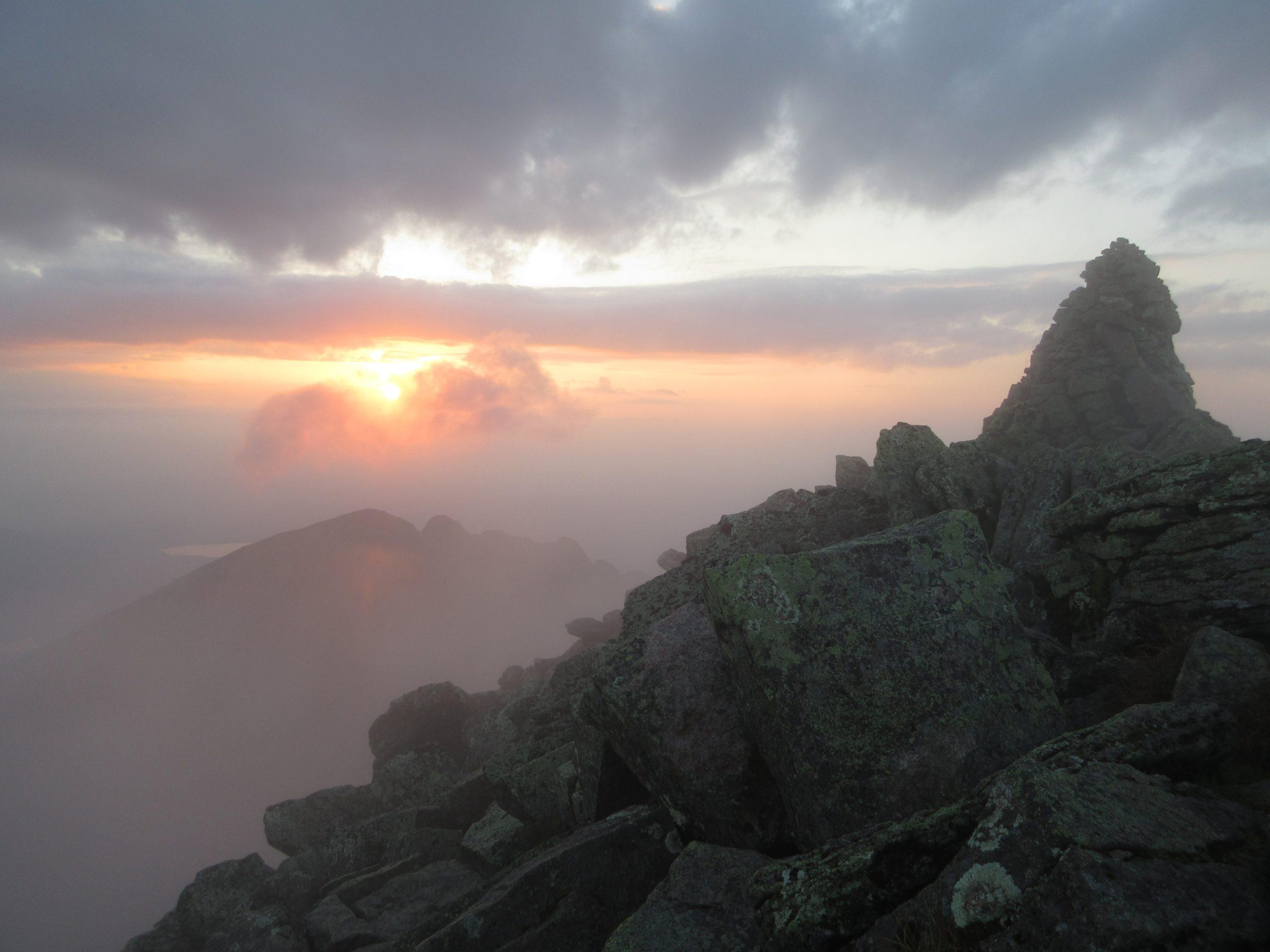
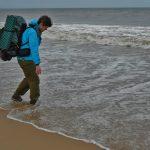
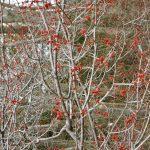
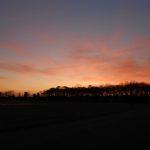
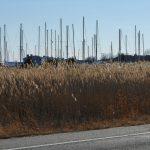
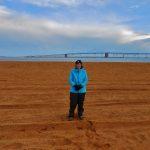
[…] of you who read my first post of the winter (https://www.wendyweiger.com/my-wild-winter-begins/) may recall that my move into the cabin coincided with an early-December nor’easter, which […]